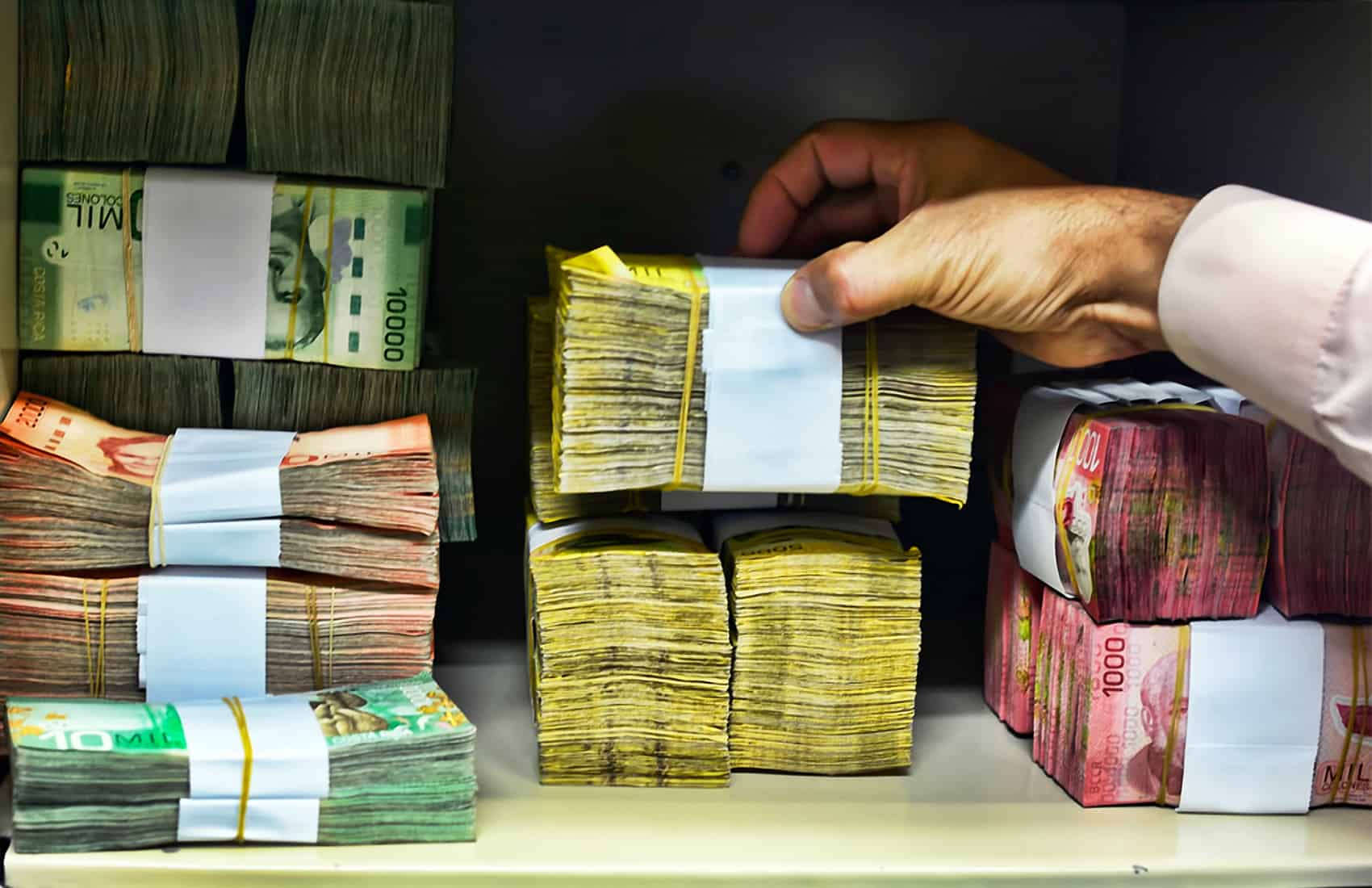The Costa Rican government on Thursday will announce details about its upcoming negotiations with the International Monetary Fund (IMF), from which the Central American nation has asked for a $1.75 billion loan.
In a video shared by Casa Presidencial, President Carlos Alvarado said financial support from the IMF is necessary in order to stabilize Costa Rica’s economy over the upcoming years.
“We are living one of the most difficult times that has faced Costa Rica in its nearly 200 years of history,” Alvarado said, referencing the coronavirus pandemic and its ongoing economic impacts.
Costa Rica’s GDP will shrink 5% in 2020 due to the pandemic, according to the Central Bank. Unemployment has reached record highs, and government revenue has fallen at a time when it’s increasing spending on healthcare and other social services.
“We need to respond to the economic pandemic,” Alvarado said. “Delaying in this would be costly.”
During the expected three-year assistance agreement with the IMF, the Costa Rican government would agree to apply fiscal adjustments.
“These things aren’t done for fun. They are done, caused by the pandemic, because they are necessary,” Alvarado said.
Alvarado explained the government would not increase the value-added tax (VAT), nor would it increase taxes on monthly incomes less than 800,000 colones (about $1,350).
The government’s proposal, which will be officially announced later Thursday, will be brought to the Legislative Assembly and could change before it’s ultimately presented to the IMF.
No projects will be enacted until they are approved by the Legislative Assembly. According to the daily La Nación, the proposed fiscal adjustments include:
- A 0.3% tax on money transfers for two years, dropping to 0.2% afterward.
- A temporary increase in income tax for businesses and individuals earning over 800,000 colones monthly.
- A new property tax that would benefit the central government, rather than municipalities.
- A tax on the surpluses reported by large cooperatives.
Negotiations with the IMF would begin in late September.






